Commercial Radon Mitigation
Free Quote Click Here!At All Iowa Radon we pride ourselves in customer satisfaction!
Call us today or fill out the form below for a FREE Quote!
319-231-3963
The Importance of Commercial Radon Mitigation in Boone, Iowa
Radon is a naturally occurring, odorless, colorless, and tasteless gas that can be found in the soil and rocks beneath our homes and businesses. It is the second leading cause of lung cancer in the United States and is a serious health hazard. In Boone, Iowa, radon levels can be especially high due to the area’s geology. That’s why it’s so important for businesses in Boone to have their commercial buildings tested for radon and to take the necessary steps to mitigate any potential risks.At All Iowa Radon, we specialize in commercial radon mitigation services. We use advanced technology and techniques to identify and reduce radon levels in commercial buildings. Our team of experienced professionals can help you identify the source of the radon, develop a plan to reduce the levels, and install the necessary equipment to keep your building safe.Radon mitigation is an important part of keeping your business safe and healthy. Not only can it reduce the risk of lung cancer, but it can also help improve air quality and reduce the risk of other health problems. Radon mitigation can also help reduce energy costs by improving the efficiency of your building’s heating and cooling systems.At All Iowa Radon, we understand the importance of commercial radon mitigation in Boone, Iowa. We are committed to providing our clients with the highest quality services and the best customer service. If you’re looking for a reliable and experienced radon mitigation company in Boone, Iowa, look no further than All Iowa Radon. Contact us today to learn more about our services and how we can help keep your business safe and healthy.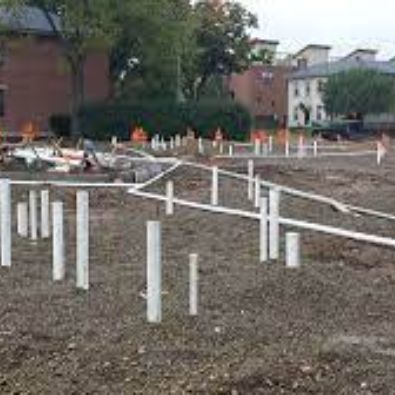
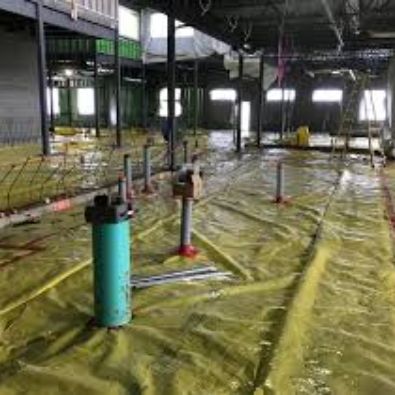
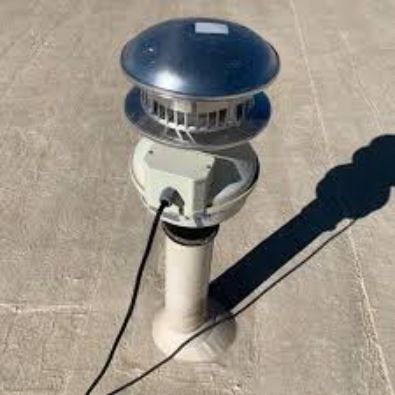
Call Now For A Free Commercial Radon Assessment 319-231-3942
Boone, Iowa is a city located in Boone County, Iowa. It is the county seat of Boone County and is located in the Des Moines-West Des Moines Metropolitan Statistical Area. The population of Boone was 12,661 at the 2010 census. Boone is known for its historic downtown, which is home to many unique shops and restaurants. It is also home to the Boone and Scenic Valley Railroad, a popular tourist attraction.
Boone was founded in 1846 by settlers from Kentucky and Virginia. The city was named after the famous American pioneer and explorer Daniel Boone. The city was incorporated in 1869 and has since grown to become a major center for business and industry in the region. The city is home to several major employers, including the Iowa State University Research Park, the Iowa State University Veterinary Diagnostic Laboratory, and the Iowa State University College of Veterinary Medicine.
Boone is home to several historic sites, including the Boone County Courthouse, the Boone County Jail, and the Boone County Historical Museum. The city is also home to the Boone and Scenic Valley Railroad, which offers scenic train rides through the countryside. The city is also home to the Boone Speedway, a popular dirt track for auto racing.
Boone is home to several parks and recreational areas, including the Boone County Fairgrounds, the Boone County Conservation Board, and the Boone County Nature Center. The city is also home to the Boone County Arts Council, which hosts a variety of art shows and events throughout the year. Boone is also home to the Boone County Historical Society, which preserves and promotes the history of the area.
Boone is a great place to live and work, with a variety of attractions and activities for residents and visitors alike. From its historic downtown to its scenic train rides, Boone has something for everyone. Whether you’re looking for a place to live, work, or just visit, Boone is the perfect place to call home.
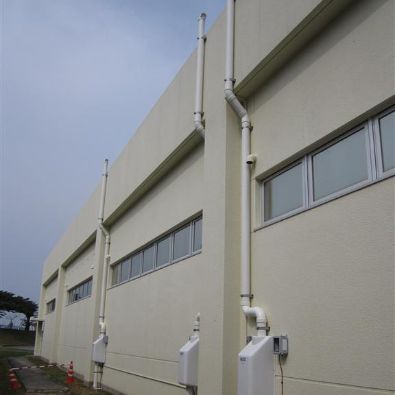
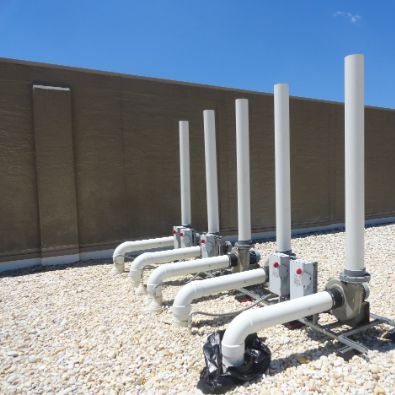
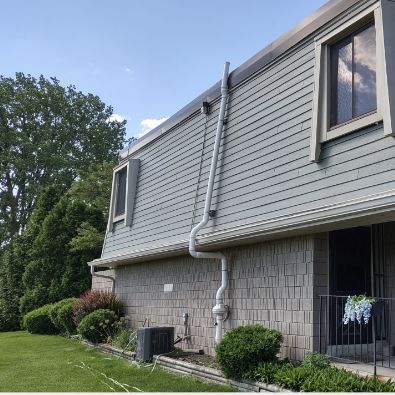
Radon is a naturally occurring radioactive gas that is found in the soil and rocks of Boone, Iowa. It is produced by the breakdown of uranium and thorium, which are found in small amounts in the earth's crust. Radon is odorless, colorless, and tasteless, and can be found in both indoor and outdoor air. It is the second leading cause of lung cancer in the United States, and is a major health concern in Boone, Iowa.
Radon has been a concern in Boone, Iowa since the early 1980s. In 1983, the Iowa Department of Public Health began testing for radon in Boone County. The results of the tests showed that radon levels in Boone County were higher than the national average. In response to these findings, the Iowa Department of Public Health began a program to reduce radon levels in Boone County. This program included providing information to the public about the health risks associated with radon, as well as providing radon testing and mitigation services.
In the 1990s, the Iowa Department of Public Health continued to monitor radon levels in Boone County. In 1997, the Iowa Department of Public Health began a program to reduce radon levels in Boone County. This program included providing information to the public about the health risks associated with radon, as well as providing radon testing and mitigation services. The program also included providing grants to local schools and businesses to help them reduce their radon levels.
Today, the Iowa Department of Public Health continues to monitor radon levels in Boone County. The department also provides information to the public about the health risks associated with radon, as well as providing radon testing and mitigation services. The department also provides grants to local schools and businesses to help them reduce their radon levels. By taking these steps, the Iowa Department of Public Health is helping to protect the health of Boone County residents.
Contact Us For A Free Quote!
Our team of experts is ready to provide you with personalized guidance and deliver exceptional results.
